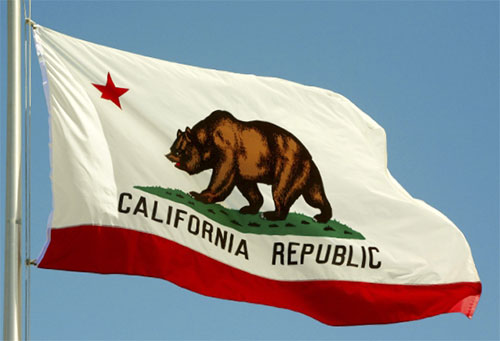
The history of tribal gaming in the States of America – where individual Indian tribes own and operate casinos outside of the purveyance of state and/or federal regulations – only dates back to the late 1970s. Those tribes that operate gaming on their reservations are also very protective of their rights to offer gaming and fight against any intrusion on that activity. A simple look at a case in California demonstrates this fact very well.
California Indians Filing Suit over Banked Games
In the state of California, the Rincon Band of Luiseno Indians and the Santa Ynez Band of Cumash Indians have filed suit against the state’s massive card room industry. The issue at hand is what is called “banked” games, or games in which players play against “the house.” These games are supposed to be the sole property of the Golden State’s Indian casino operations, called “Class III gaming,” but the Indian tribes allege that the card rooms are encroaching on their operations.
The games the casinos are running are called “California games” in which it isn’t the house that plays but the deal rotates between the players. This is a method of skirting the law as the house isn’t technically playing (it is, however, taking a slight rake from each bet made). Where it has started to intrude on the Indian tribes’ rights, they contend, is if a player “sits out.”
The tribes are alleging that, if a player departs the game or a player doesn’t want to play their hand as “dealer,” the card rooms fill that slot with a third-party. These players, most often a proposition player that works for an outside company that has been hired by the casino for this purpose, then take part in the game. The tribes allege the usage of these players violates the law, as does having these “California games” run without moving the dealer button.
Not About the Card Rooms, but About the Enforcement
The usage of a “prop” player has been a long-time tool employed by California gaming establishments, especially in card rooms, so that a game doesn’t break up due to a lack of action. Those “prop” players are often playing on their own money, win or lose, although in some cases there is an hourly wage paid with whatever the “prop” wins. While the Indian tribes may not have an argument here, they may very well have one if the card rooms aren’t running the games properly.
The Luiseno and Santa Ynez tribes state that they have attempted to settle the issue through the California Bureau of Gambling Control, but they’ve been unhappy with the pace of the Bureau’s actions. In an interview with the Times of San Diego Bo Mazzetti, the chairman of the Luiseno Indians, stated firmly they were not against the card rooms but the legal enforcement of the current laws. “If the California Department of Justice and the Gambling Control Commission would have enforced the current laws that exist, we would not have taken this action,” Mazzetti stated. “We have been trying to work with the state for over 13 years on this issue…unfortunately, this lack of enforcement gives us no other option but to pursue legal remedies.”
The lawsuit is another thorn in the side between the gaming factions in California, who have long been unable to agree on any advancement of online gaming in the state. For well over a decade the card rooms, Indian casinos and horse racing tracks in the state have squabbled over how any expansion of gaming, including offering online poker, would be offered in the state and this lawsuit isn’t going to help the camaraderie between the bodies going into the future. Named in the lawsuit are such popular California card rooms as the Commerce Casino, the Bicycle Casino, Hawaiian Gardens and Hustler Casino, some of the most lucrative and popular card rooms in the Golden State.
























Where is the enumerated powers in the United States Constitution for the existence of U.S.C. Title 25-INDIANS? No Statutes. No U.S.C. Title 25-INDIANS!